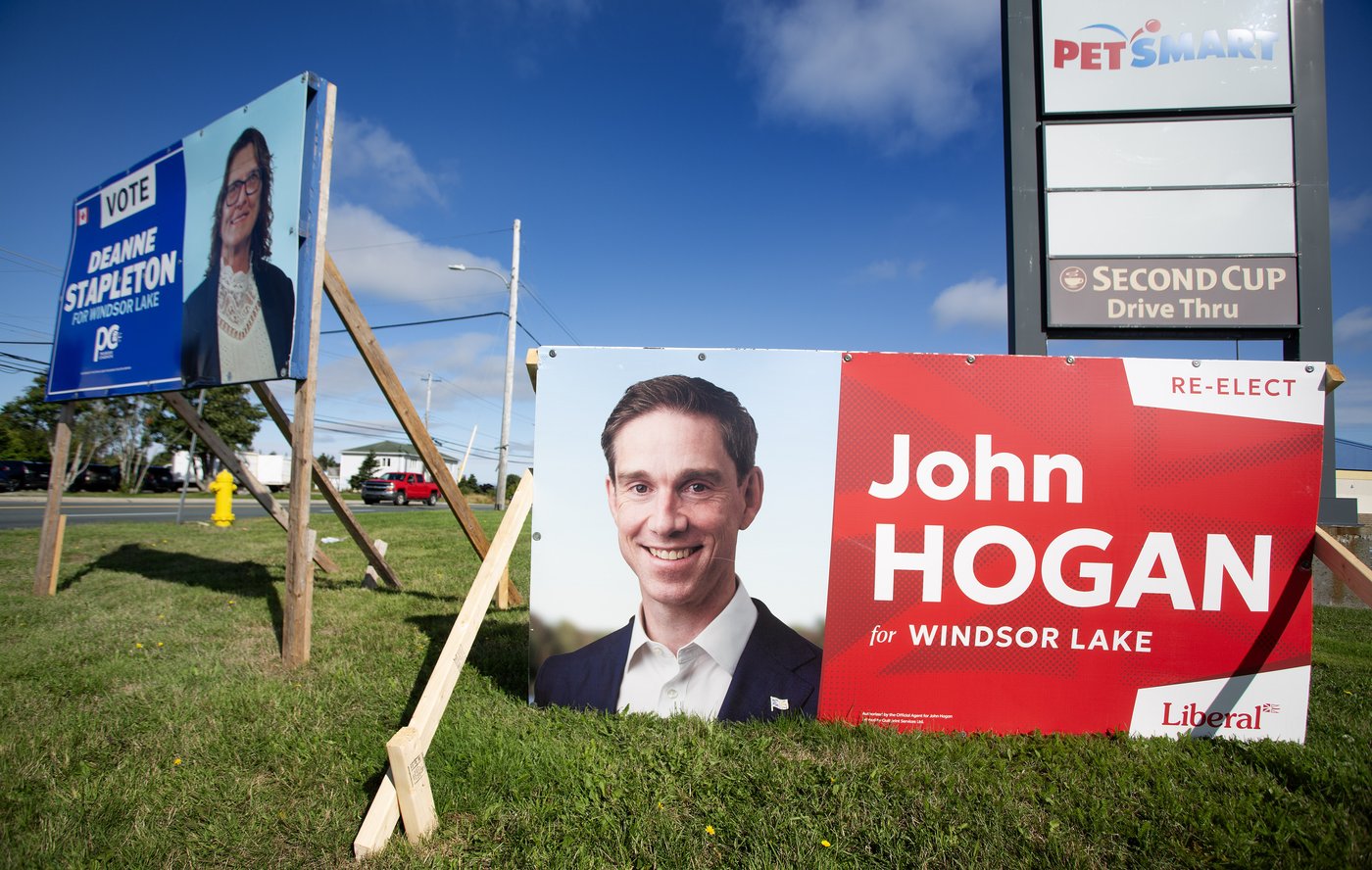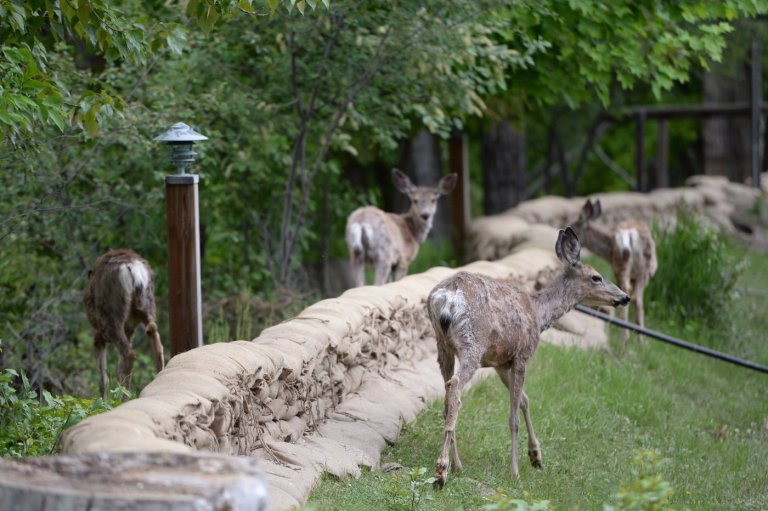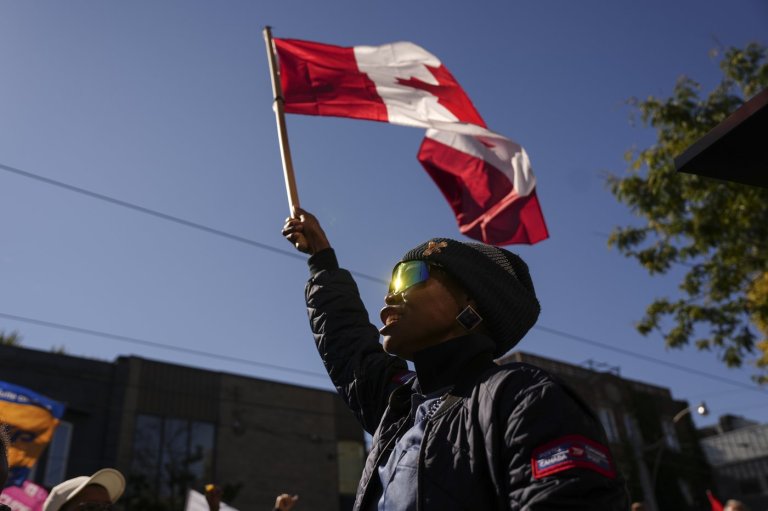
N.L. has the country’s highest per-capita debt. It’s all but hidden in the election.
ST. JOHN’S — Business and taxpayer organizations are calling on party leaders in Newfoundland and Labrador to stop making costly election promises, as the province carries the country’s highest per-capita provincial debt.
Whoever forms government after the Oct. 14 election will inherit a net debt approaching $20 billion in a province about 545,000 people. That debt will cost more than a billion dollars to service in the current fiscal year.
That’s money that won’t be available for other expenses, such as health care and education, said AnnMarie Boudreau, chief executive of the St. John’s Board of Trade.
“We can’t lose sight of the fiscal reality that Newfoundland and Labrador is facing,” Boudreau said in recent interview. “We can’t make a laundry list of expenditures or additional investments without having a solid plan to … afford the decisions that are being made and the promises that are being made during this election.”
The Canadian Taxpayers Federation has called on party leaders to stop making pricey promises and focus on fiscal restraint. “Every new promise made on the campaign trail today becomes tomorrow’s tax hike or tomorrow’s cut to essential services,” said Atlantic Director Devin Drover in a news release this week.
As party leaders make their pitches to voters across Canada’s easternmost province, only the NDP have pledged to end years of stinging deficits. The party’s costed platform promises a surplus by the end of the 2026-27 fiscal year, achieved by slashing spending on privately run shelters, private nursing agencies and oil subsidies.
Progressive Conservative Leader Tony Wakeham has said he is focused on helping residents balance their budgets before he balances the province’s books. He has promised $11.5 million to reduce taxes on small businesses and $26.6 million for seniors housing communities.
Liberal leader and incumbent premier John Hogan said he’d use money from a tentative energy deal with Quebec to pay down the province’s debt. That money will also cover $13 million in increased benefits and services for seniors and $75 million to cut provincial tax on electricity bills, he has pledged.
Economist Wade Locke said he is not surprised to see the province’s finances get scant attention during the campaign.
“I don’t think the electorate are overly concerned about it, either,” the retired Memorial University professor said in an interview. Voters like being told they’ll get new services, and they don’t like having those services cut, he said.
In the 76 years since Newfoundland and Labrador joined Canada, the province has posted 10 budget surpluses, six of which were driven by oil royalties, Locke said. The other four were due to cash transfers from the federal government.
Locke said the draft deal with Quebec unveiled in December offers Newfoundland and Labrador an income stream that could help pay off its debt, though not all at once. The Liberals have said the deal will bring about $17 billion to the provincial treasury by 2041. That’s almost $3 billion short of the net debt forecast this fiscal year — $19.7 billion by the end of March.
Asked if he believed any elected party would use the income to pay off the debt, Locke was blunt: “No. Simply no.”
“But we’re not going to go bankrupt,” he added. It is an “extreme possibility and likelihood” that the province will just keep borrowing and paying more and more interest, at higher and higher rates, Locke said.
The high debt takes a toll on businesses, Boudreau said. The province’s unsteady finances, especially when coupled with instability from tariffs imposed by the United States, is driving a keen sense of uncertainty, she said.
“That is definitely making it really hard for business leaders to make decisions about growing or investing or about hiring,” she said. “We’re in a real moment of being stalled, economically.”
It can also be hard for business owners to recruit employees from outside the province if they can’t promise that the province’s health-care and education systems will be improved, Boudreau said.
But she is not pushing for debt repayment to be a top priority. Instead, she is looking for a leader to make a plan to balance debt repayment with smart, steady investment in services that need a boost.
“There are so many priorities that are so important to the province right now,” she said. “But I do think we absolutely need to have a plan.”
This report by The Canadian Press was first published Oct. 3, 2025.
Join the Conversation!
Want to share your thoughts, add context, or connect with others in your community?
You must be logged in to post a comment.



















